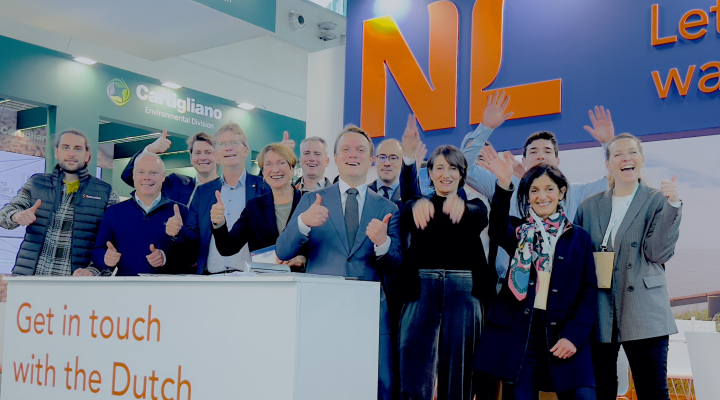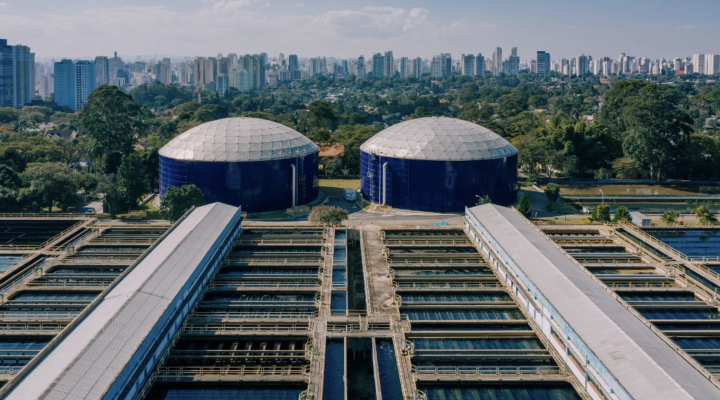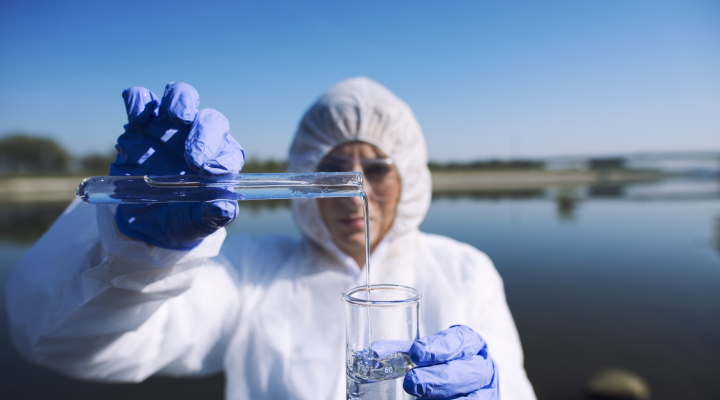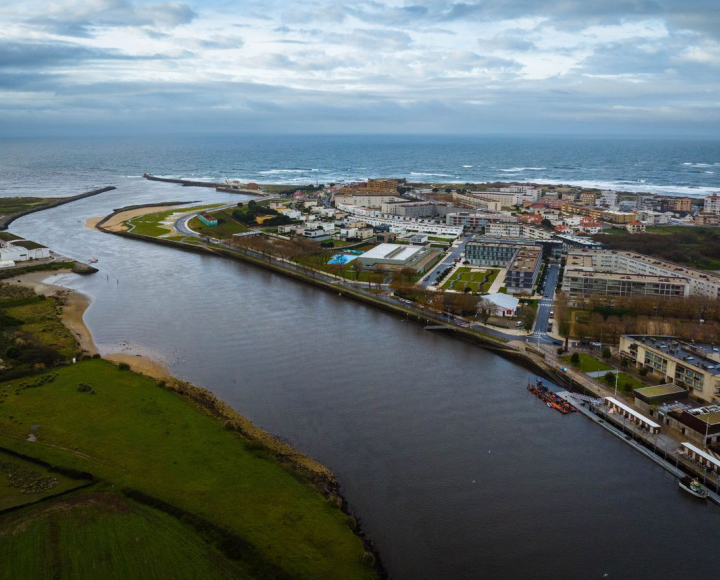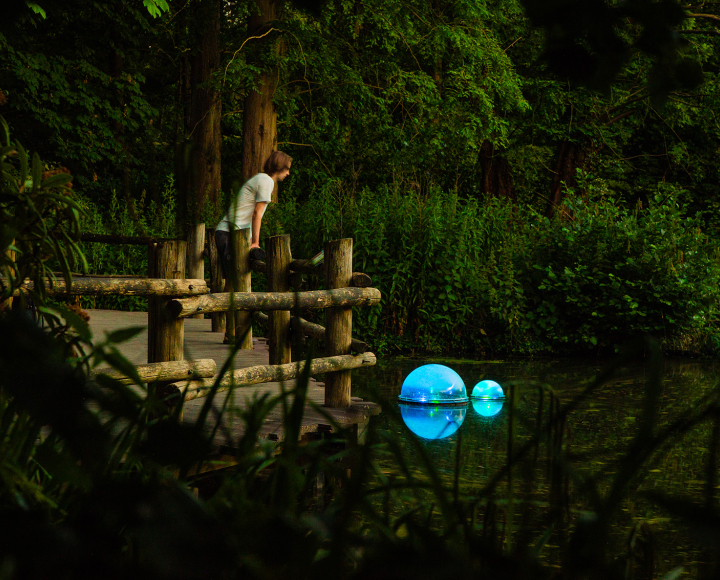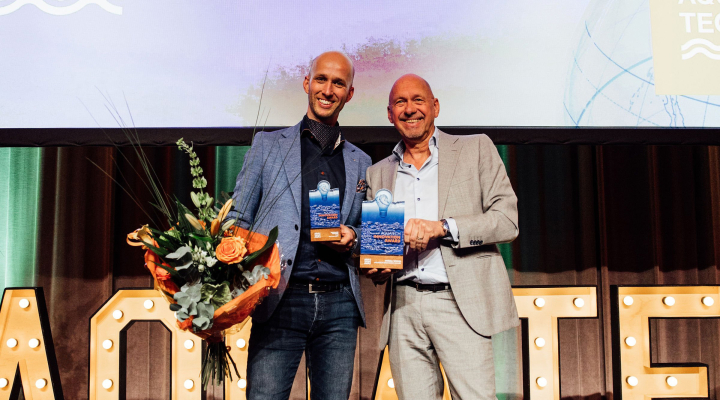Dutch invention Bubble Barrier nominated for Earthshot prize
Every year, more than 8 million tonnes of plastic ends up in the world’s oceans. The great bubble barrier's solution, nominated as one of the finalists for the Earthshot prize in the category Revive our Oceans, intercepts plastic waste before it reaches the sea.
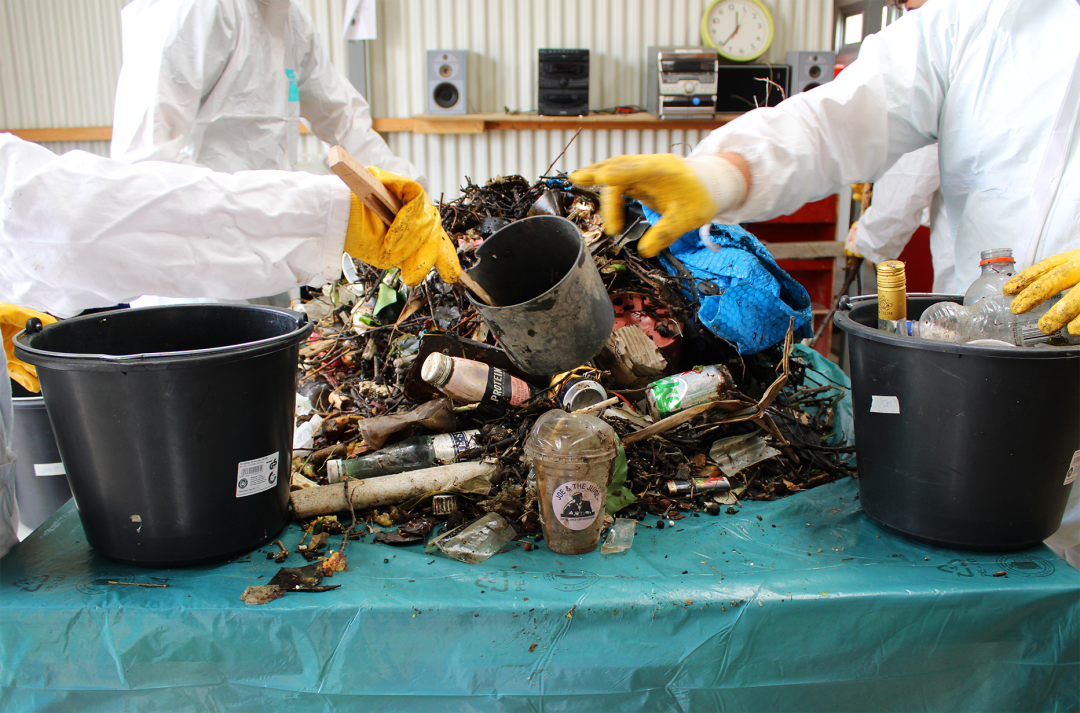

The majority of plastic in the seas come from our rivers and canals where it harms wildlife, damages boats and contributes to climate change. But once plastic waste has entered our oceans, it is nearly impossible to capture and remove. The technology behind the Bubble Barrier is simple: air is pumped through a perforated tube placed diagonally on the riverbed to create a “curtain” of bubbles, which directs plastic up to the surface and into a waste collection system, all without obstructing wildlife or boats. The concept has been used in the past by the oil industry to contain spills and has now been developed to help local authorities remove debris from our rivers.
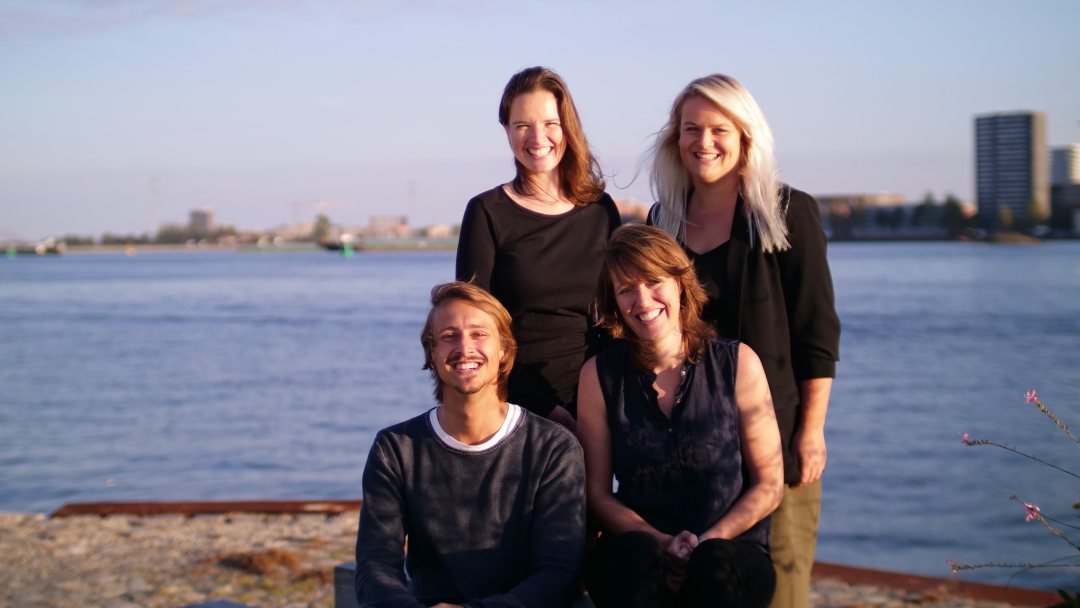

8,000 pieces of plastic
To date, the Bubble Barrier has been proven to catch on average 86 percent of plastic waste. Several Bubble Barriers have been installed in The Netherlands, including in the Westerdok, one of Amsterdam’s famous canals. Each month, Bubble Barrier Amsterdam stops an average of 8,000 pieces of plastic waste from leaving the canal and entering the North Sea.
“Rivers are the highway to our oceans, transporting pollution all the way there. The Great Bubble Barrier stops plastic from reaching the sea by intercepting it from inland waterways. With our Amsterdam system we are currently preventing 8,000 pieces of plastic from reaching the North Sea each month. But we don’t plan to stop there: the first international systems are on the agenda and we can’t wait to tackle pollution across our borders. We’re proud to be nominated for The Earthshot Prize and hope this recognition will support our mission to stop plastic from polluting our oceans” - Francis Zoet, Co-Founder & COO of The Great Bubble Barrier
Two new Bubble Barriers will soon be implemented in Germany and Portugal. The team now hopes to scale the technology to reach polluted rivers worldwide, especially in Asia.
Solutions to repair the planet
The Earthshot Prize was designed to find and grow the solutions that will repair our planet this decade. Warmer temperatures, pollution and harmful fishing practices are having devastating impacts on the ocean, putting life underwater in jeopardy. According to the Earthshot prize initiative, this decade we can choose to make our ocean healthy and to bring forward a new era where everyone uses the ocean sustainably.The prize in the category Revive our Oceans is awarded to the most outstanding efforts to meet this challenge. The 2022 Earthshot Prize Awards will be held in Boston, USA, on the 2nd of December.
“The Earth is at a tipping point and we face a stark choice: either we continue as we are and irreparably damage our planet, or we remember our unique power as human beings and our continual ability to lead, innovate and problem-solve. People can achieve great things. The next ten years present us with one of our greatest tests – a decade of action to repair the Earth.” - Prince William




